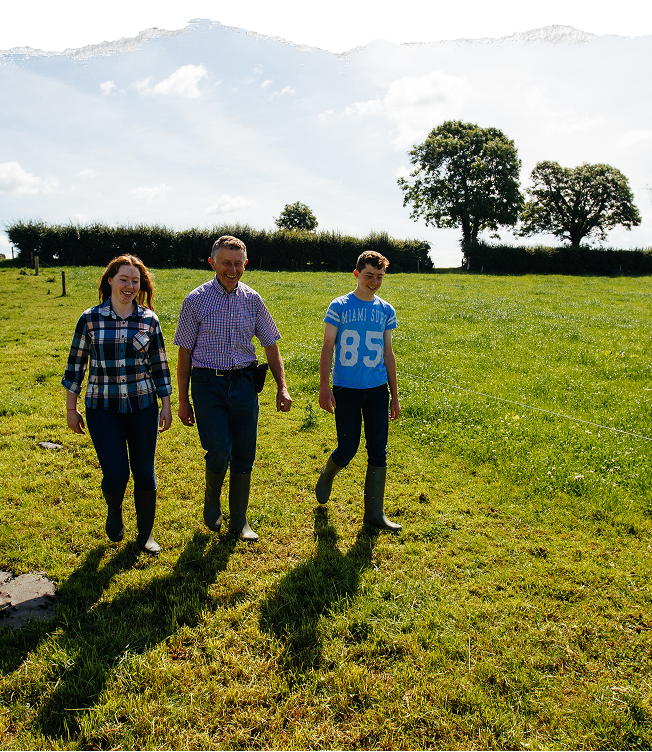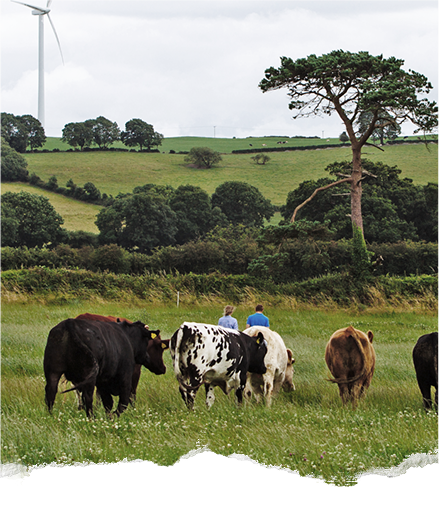Family Farming
The Importance of generational organic family farming in Europe and Ireland
Family and generational farming has been central to Europe’s culture and heritage. The passing on of agricultural knowledge and skills combined with the strict measures of organic food production enables the EU to be a leading source of organic beef and lamb. In Ireland, agriculture remains embedded in its culture and supports rural economies. The average farm herd size is 66 and flock size is 133. In organic farming, a low stocking rate is required, so it is an ideal system to support the small family farm model.


The key role of family farming in rural development and sustainability
Family farms make rural economies more competitive and sustainable, ensure food security, improve livelihoods and protect the environment.
Recognized by the United Nations as essential for achieving zero hunger, a resilient planet, and sustainable development.
The benefits of organic farming in family-owned farms
Adopting innovative practices in organic farming makes farms more viable and attracts the next generation to continue the family farming tradition.
Suckler herd system in organic beef farming
The suckler beef system is a breeding system where cows produce calves for beef and are not used to produce milk for dairy products. In this system, the maternal milk of the cow is fed to the calf.
Breeds of beef cattle include Hereford, Limousin, Charolais, Aberdeen Angus, Simmental, and Shorthorn. Ireland has the third largest herd of suckler cows within the EU.

